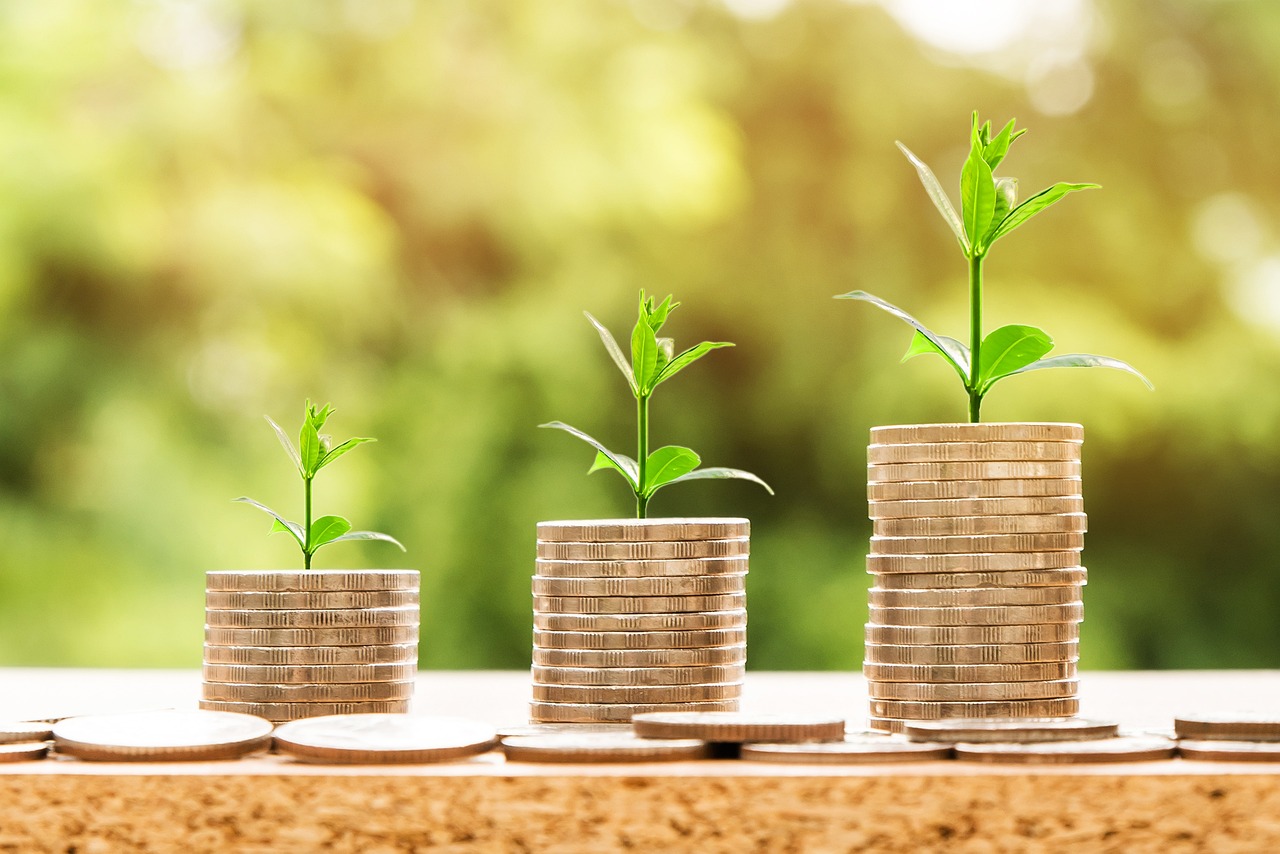BP, the multinational oil and gas company, has recently slowed down its share buyback program despite exceeding analysts’ expectations. This significant move has left many shareholders wondering about BP’s future strategy and how it will impact the stock price. As a shareholder of BP or someone interested in investing in the energy sector, you might be curious to know what this means for you. In this blog post, we’ll delve into what led to BP’s decision, its potential implications for shareholders and investors alike and try to provide some insight on where BP is headed from here. So sit back as we explore everything that shareholders need to know about BP’s slowing share buybacks!
BP Slows Share Buybacks Despite Beating Forecasts
BP’s recent decision to slow down its share buyback program has come as a surprise to many stakeholders. BP had previously announced that it would return 60% of surplus cash to shareholders through share buybacks, but now they have slowed the process. This announcement comes despite beating analysts’ expectations for earnings and cash flow.
However, there may be reasons why BP is slowing down this program. Some experts speculate that the company might be looking into investing in other ventures or acquiring new assets rather than returning more money to shareholders at present.
Another possible reason behind this change could be external factors such as uncertainties surrounding oil prices and demand due to geopolitical risks and economic uncertainty caused by COVID-19.
Whatever the reasoning behind BP’s decision, it highlights the importance of keeping an eye on corporate financial decisions even when companies exceed market expectations. It also emphasizes how unpredictable the energy sector can sometimes be, making it essential for investors always monitor changing industry trends carefully.
What Does This Mean for Shareholders?
For shareholders, BP’s decision to slow down share buybacks despite beating forecasts may come as a surprise. Shareholders typically expect companies to return profits in the form of increased dividends or buybacks. However, it’s important to understand that there could be various reasons why BP has taken this approach.
One possible reason for slowing down share buybacks could be that BP wants to maintain financial flexibility and prepare itself for any future uncertainties. By having more cash on hand, the company can invest in growth opportunities or weather any potential economic downturns. This strategy is likely to benefit shareholders in the long run by ensuring the company remains financially stable.
Another factor contributing towards this decision may be an overall shift towards sustainable practices and green energy initiatives within the oil industry that require significant investment at present. As such, it may make sense for BP to conserve some capital instead of returning it all immediately through buybacks.
While shareholders might initially react negatively towards this news, it’s essential they take a broader perspective of what is happening within their investment portfolio and consider how these decisions fit into a larger picture of long-term growth and stability for both themselves and the company.
What is BP’s Strategy Going Forward?
BP’s strategy going forward seems to be focused on achieving its net-zero emissions target by 2050. The company has announced plans to invest heavily in renewable energy sources such as wind and solar power, aiming for a ten-fold increase in low carbon investments over the next decade.
BP also aims to reduce its oil and gas production by 40% over the same period while increasing investment in other areas such as bioenergy and hydrogen. This shift towards clean energy is seen as an opportunity for BP to diversify its business model, reducing reliance on oil prices that can fluctuate wildly.
Additionally, BP is prioritizing safety measures after several high-profile accidents in recent years. The company has set up a new safety division tasked with improving operational risk management across all aspects of the business.
In summary, BP’s strategy going forward appears to prioritize sustainability goals through investing more into green energy sources while also reducing their carbon footprint overall. Safety concerns are another area of focus for the company moving forward.
How Will This Impact BP’s Stock Price?
BP’s decision to slow down share buybacks despite beating forecasts has raised a lot of questions among investors about the company’s future prospects, especially in terms of its stock price. The news was not well received by shareholders who were expecting more returns on their investments.
Many analysts believe that BP’s decision is a clear indication that the company wants to prioritize its debt reduction plan over shareholder returns. This move could signal a shift in focus towards strengthening financials and improving long-term growth prospects rather than short-term gains.
Another factor that could impact BP’s stock price is the current state of oil prices. With global oil demand still recovering from the pandemic, there are concerns about how this will affect BP’s earnings going forward. However, recent efforts by OPEC+ to limit oil production and support prices may provide some relief for companies like BP.
While there may be some short-term uncertainty around BP’s stock price due to these developments, it is important for investors to consider the bigger picture and focus on long-term value creation.
Conclusion
BP’s decision to slow down its share buyback program may have left some shareholders disappointed. However, it is essential to understand that the move was a strategic one aimed at strengthening the company’s financial position and preparing for potential market volatility.
BP has delivered strong results in recent quarters, showcasing its resilience even amidst challenging market conditions. With a renewed focus on reducing debt levels and investing in green energy initiatives, the company is well-positioned to weather any future storms and emerge as a stronger player in the energy industry.
For investors looking for long-term growth prospects with a stable dividend yield, BP remains an attractive option despite its recent share buyback slowdown. By staying true to its strategy and adapting to changing market dynamics, BP can continue delivering value to shareholders while also contributing towards building a sustainable future for all stakeholders involved.










